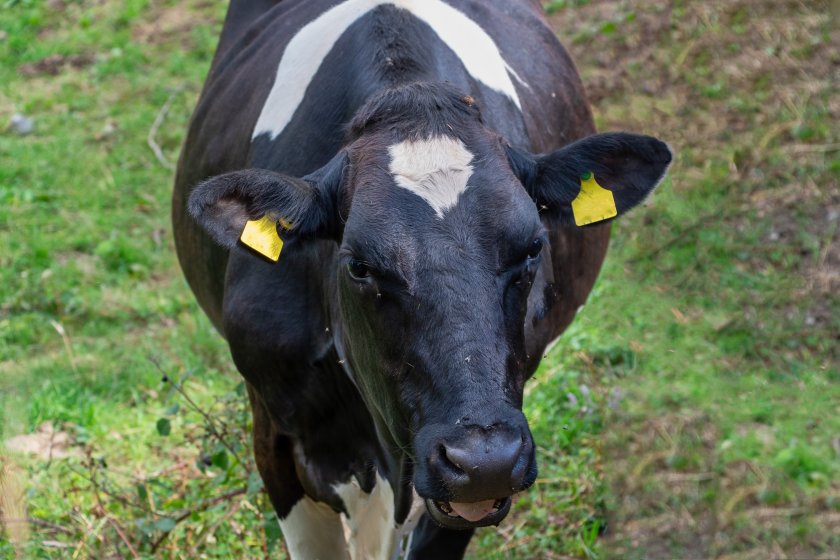
A single case of atypical bovine spongiform encephalopathy (BSE) has been confirmed on a farm in Dumfries and Galloway.
Precautionary movement restrictions have been put in place at the impacted farm, the Scottish government said.
Further investigations to identify the origin of the disease - which was found in a single cow - are ongoing.
Atypical BSE is not known to be a risk to public health and the animal did not enter the human food chain, the government confirmed.
And Food Standards Scotland said there was 'no risk to human health as a result of this isolated case'.
Scotland's agriculture minister, Jim Fairlie said the government and other agencies took 'swift and robust action to protect the agriculture sector'.
“The fact we identified this isolated case so quickly is proof that our surveillance system for detecting this type of disease is working effectively.
“I want to thank the animal’s owner for their diligence. Their action allowed us to identify and isolate the case at speed which has minimised its impact on the wider industry."
Scotland's Chief Veterinary Officer Sheila Voas added that the fast detection of this case was 'proof that our surveillance system is doing its job'.
“We are working closely with the Animal and Plant Health Agency, and other partners to identify where the disease came from," she said.
“I want to reassure both farmers and the public that this is an isolated case and of the aytypical strain of BSE which is not transmissible and not connected to contaminated feed.
"But, if any farmers are concerned, I would urge them to seek veterinary advice."
BSE is a notifiable animal disease, which must be immediately reported to the Defra Rural Services Helpline on 03000 200 301.
In Wales, BSE must be reported by contacting 0300 303 8268, and in Scotland, the local Field Services Office should be notified.
Failure to report BSE is an offence.
